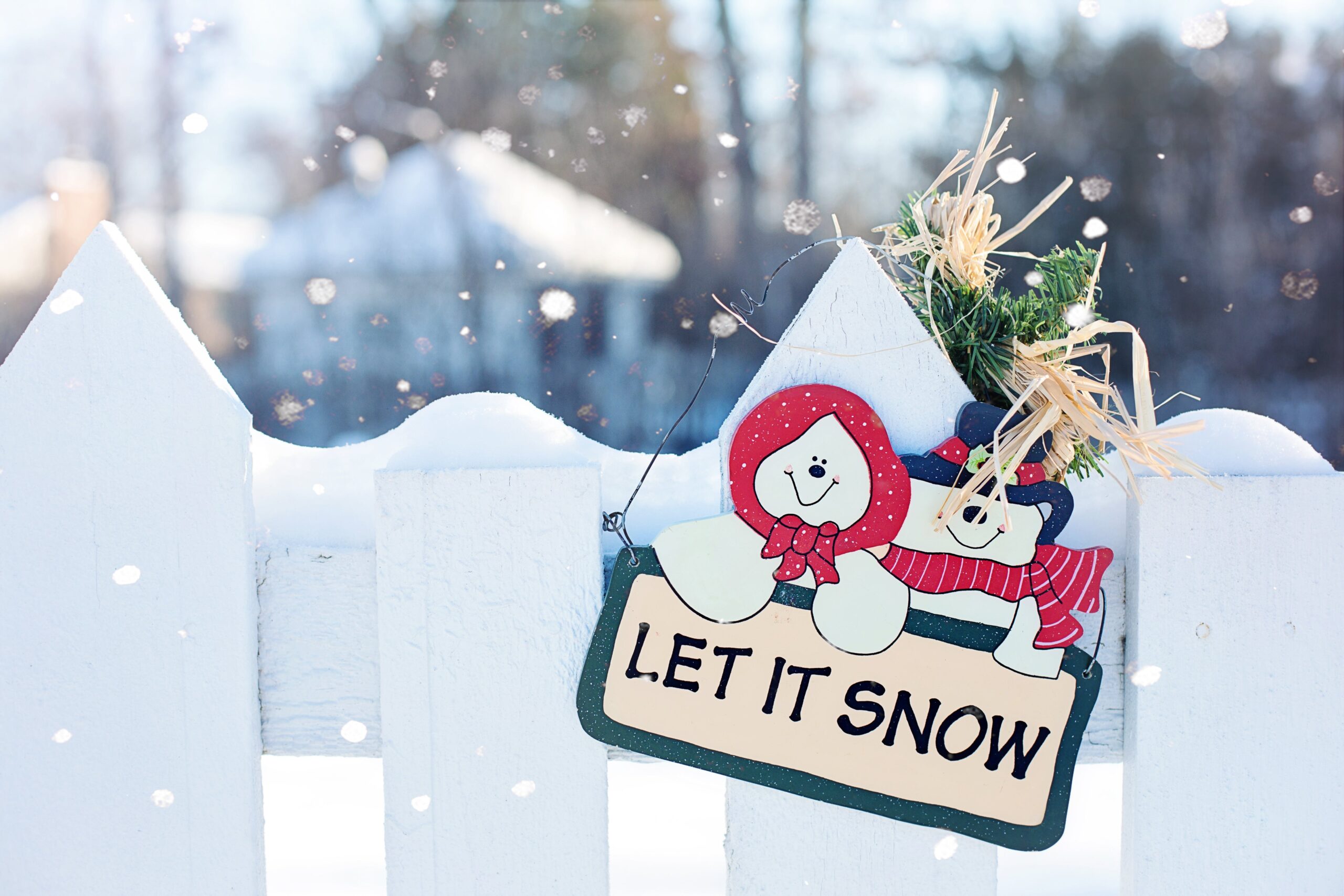Winter-Ready Living: 8 Areas in Your Home that Require Winterizing

Part of being a homeowner is being prepared when weather can make an impact on your house. While it is a good idea to be prepared for any season, Winterizing is probably the most important due to the dangers presented when temperatures drop below freezing. Savvy homeowners will start Winterizing in advance before winter weather arrives, to avoid being without heat or dealing with freezing pipes.
Why Winterizing is Important
Taking the time to ensure that your home is properly winterized before the temperatures drop is important for a couple of reasons. Not only do you want your home to be warm and cozy when it’s cold outside, but properly winterizing your home can help save you money on your utility bills.
Here are some areas in your home that may need attention this winter.
8 Areas in Your Home that Require Winterizing
- Sealing and Insulation – Cold air can enter your home and warm air can escape if there are cracks around your doors and windows. Sealing your windows and doors with caulking will help prevent heat leaks. Also consider installing insulating window film for your door and window frames for better heat retention and lower utility bills.
- Heating System Maintenance – Having your HVAC company perform a preventative maintenance inspection and system cleaning before the winter season can ensure you have a safe a warm home. Not only will your system be cleaned to run efficiently and keep heating costs down, but any problems that may be a concern during the winter months can be identified and fixed before cold weather sets in.
- Weatherstripping and Draft Prevention – If you have drafts from windows and doors, this can wreak havoc on your home during cold weather. Apply energy-efficient curtains or window coverings to help reduce the draft. In addition, weatherproof strips on windows and doors can help prevent drafts, as will installing double-pane windows for draft-free rooms and better energy efficiency.
- Insulating Pipes and Water Sources – Pipes that are exposed to freezing temperatures like those in the basement, garage, or attic, are at risk of freezing and bursting. Installing insulation to protect the pipes from freezing is a good idea that can prevent them from being exposed to the cold weather and the issues that brings. You can also allow water to drip from your inside faucets during freezing temps to help prevent pipes from becoming frozen.
- Roof and Gutter Maintenance – Regular maintenance on your roof and gutters helps to keep your home damage free during cold weather. Inspect your roof (or hire someone) to look for problems that may be an issue in the winter such as missing shingles that could allow water in. Also be sure to clean your gutters in the fall because clogged gutters can cause damage to your home during winter weather months from heavy snowfall or water.
- Fireplace and Chimney Readiness – If you plan to burn fires this winter, it is important to have your fireplace inspected and cleaned for the season. This can help ensure your fireplace is in good working condition to avoid fire hazards. It’s also important to properly maintain your fireplace to avoid exposure to toxic carbon monoxide gas.
- Energy-Efficient Practices – Things like maintaining your heating system, sealing leaks, covering drafty doors and windows, closing the fireplace damper, and adjusting your heat setting are smart energy-efficient practices that can keep your home warmer at a lower cost.
- Emergency Preparedness – Winter storms are no joke. It is important for homeowners to be prepared for a winter emergency situation by having a heat source backup plan. From extra blankets, winter coats, and sleeping bags to dry firewood, a kerosene heater, or gas fireplace – part of your home winterizing plan should include these items to ensure you stay warm and safe in your home should you lose heat during a snow or ice storm.
Prepare for Cold Weather Now with These Winterizing Tips for Savvy Homeowners
Winterizing your home before the cold weather sets in is a smart and efficient way to maximize savings through the winter months. Taking the time and winterizing your home will not only save you money, but it ensures you are warm and comfortable all season long.
Related: A Seasonal Home Maintenance Checklist for First-Time Homebuyers
Return to Blog